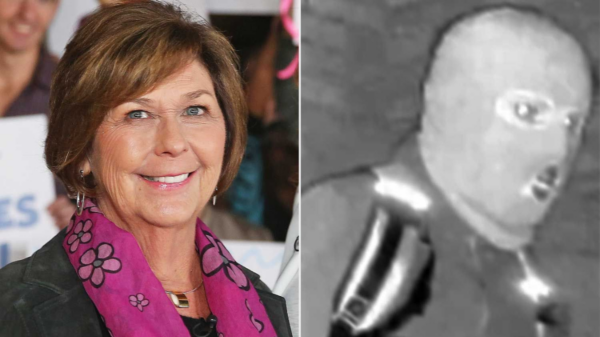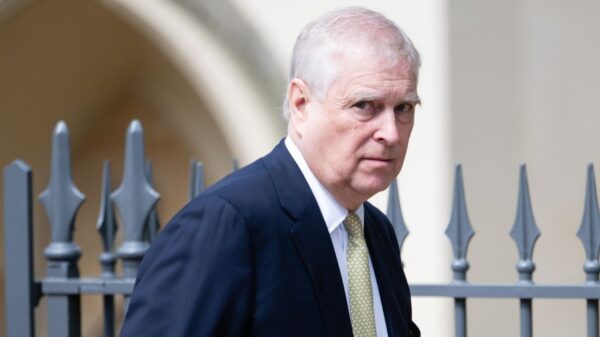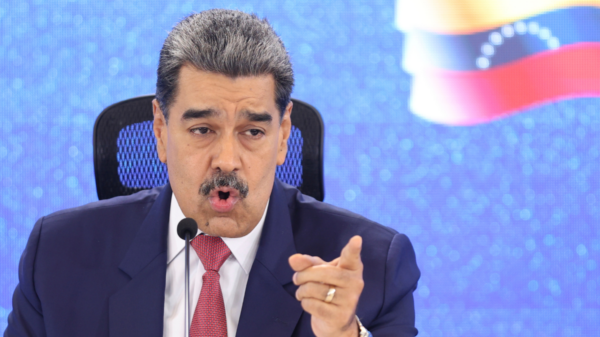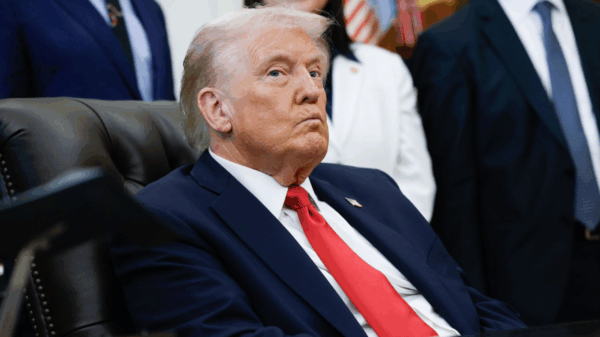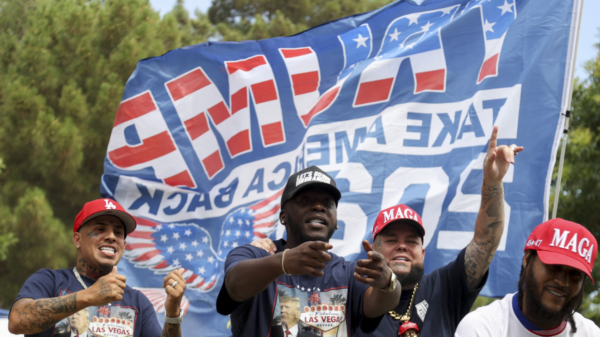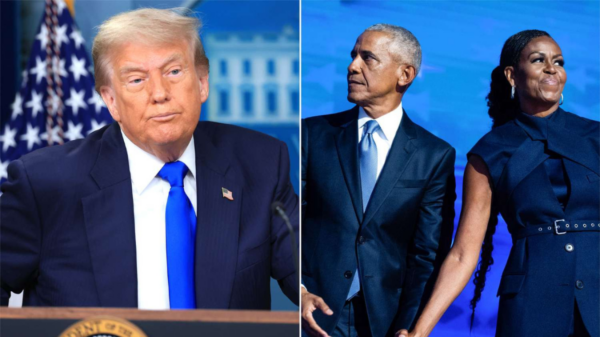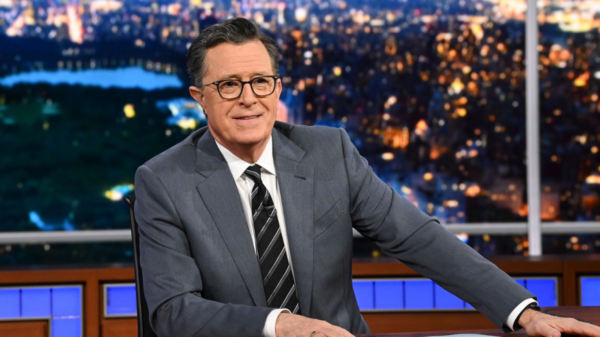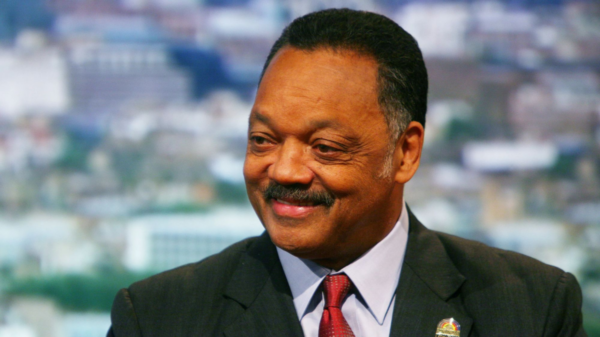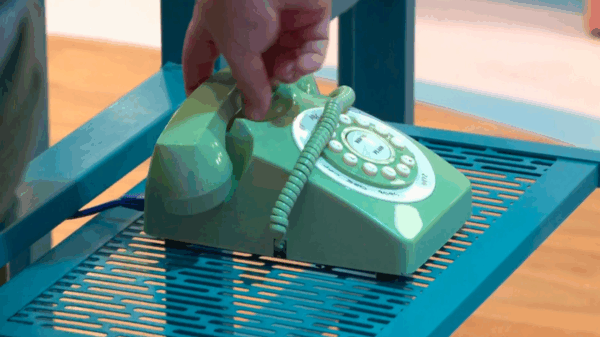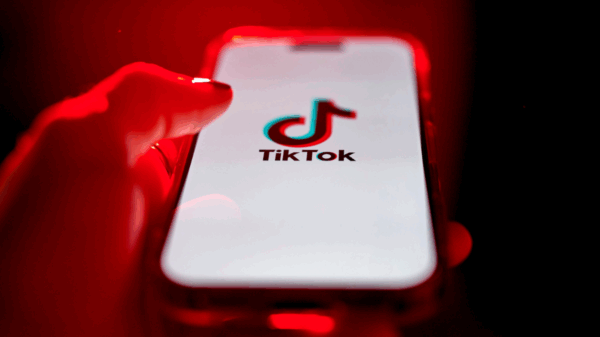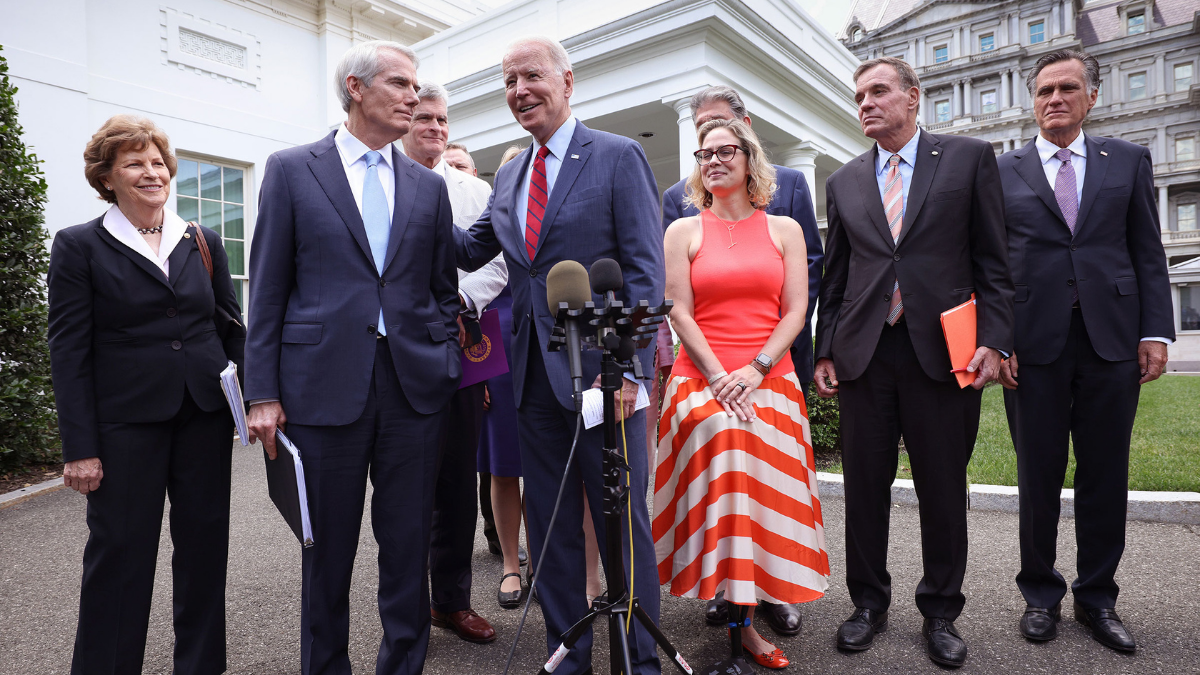WASHINGTON — With a smile on his face, President Joe Biden emerged from the White House on Thursday afternoon and announced he and the bipartisan group of senators have reached an agreement on a bipartisan infrastructure package.
However, Biden also announced he would not sign the bill unless it was passed “in tandem” with a separate budget reconciliation bill that invests in social infrastructure along with other Democratic needs.
The massive $1.2 trillion deal is scaled back but still consists of Biden’s broader proposals. It includes $579 billion in infrastructure spending and, according to the Associated Press, opens the door for sweeping $4 trillion proposals in what the White House calls human infrastructure.
“This reminds me of the days we used to get an awful lot done in the U.S. Congress,” Biden said. “We actually worked (together). We’ve got a bipartisan deal. Bipartisan deals means compromise.”
The “human infrastructure” plan will feature Democratic priorities such as family plans and child care tax credits. In remarks at the White House on Thursday, the President said he would not sign one bill without the other.
“For me, investment in our physical and human infrastructure are inextricably intertwined,” Biden said. “Both need to get done. “I’m not just signing the bipartisan bill and forgetting about the rest I proposed.”
Biden said he would work with House Speaker Nancy Pelosi and Senate Majority Leader Chuck Schumer to ensure both the bipartisan deal and the reconciliation bill moved through Congress at a fast pace.
The proposal would be funded by more tax enforcement and redirecting unused unemployment benefits, according to the White House. It also includes $312 billion for transportation projects, $109 billion on roads and bridges, and $66 billion on passenger and railways.
“Neither side got everything they wanted in this deal. That’s what it means to compromise and it reflects something important: it reflects consensus,” Biden said.
Sen. Mitt Romney, R-Utah, spoke to reporters following the meeting and applauded Biden’s inaugural pledge to work in a more bipartisan fashion. However, he admitted Republicans did have to give up some, including $66 billion for rail, which Republicans did not want to expand rail.
“The Republican group did not want to expand Amtrak at all and wanted to reduce the number even more,” Romney said. “But we didn’t get it down as much as we would have liked.”
“I think that there are a lot more of things that we got than things that we had to give up,” Romney added. “But there’s no question that Democrats got a number of things that they wanted that were not high on our priority list.”
The news of a deal is a major victory for Biden five months into his presidency after he passed The American Rescue Plan earlier in the year.
Democratic leaders have insisted that a bipartisan deal came at the expense of a larger package, which included investments in child care, paid leave, and climate action. Pelosi and progressive members of Congress agreed with Biden’s decision to sign both bills.
However, this deal is far from done. Senate Minority Leader Mitch McConnell attacked Biden saying he wants a reconciliation bill alongside the infrastructure deal.
“It almost makes your head spin. An expression of bipartisanship, and then an ultimatum on behalf of your left-wing base,” McConnell said. “That’s not the way to show you’re serious about getting a bipartisan outcome.”
Meanwhile, Democratic Sen. Richard Blumenthal of Connecticut voiced his own concerns about the bipartisan agreement, calling it “pathetic”.
“It is way too small — paltry, pathetic. I need a clear, ironclad assurance that there will be a really adequate robust package,” he said.
The announcement makes Biden’s pledge in investment to slow climate change unclear. While he was on the campaign trail, he won progressive support with pledges of major spending on electric vehicles, charging stations, and research and funding for overhauling the U.S. economy to run on less oil.
“The people I was with today are people that I trust,” Biden said. “I don’t agree with them on a lot of things, but I trust them when they say, ‘This is a deal.’”


